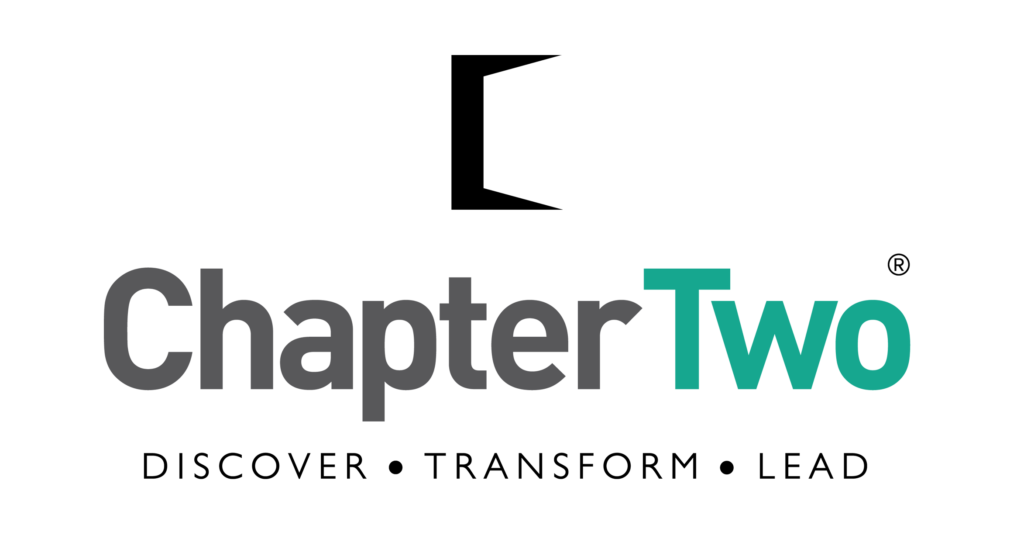A mind-set is your attitude to life. It goes beyond whether the glass is half full or half empty. It’s more complex than that. Because the world is getting more complex. So the language of optimism also has to evolve past half full / half empty and take on deeper shades.
Yes, the world is getting more and more complex isn’t it? Societies and workplaces are becoming more heterogeneous. Technology is empowering everyone to do more and be more. And bottom-up innovation is challenging the bastion of the board room.
But has our mind-set kept pace? Are we static or dynamic?
A static mind-set means we have a rule book in our head of how the world should be. If there is a deviation from the rule book, we are uncomfortable. We either make the reality fit our rule book or we abandon the reality, leave it to someone else to solve. Our attitude becomes, ‘Screw it. It’s not worth my time’.
A dynamic mind-set means having a focus but tempering that focus with flexibility so that there is place for the new. Because we realize we don’t have all the answers all the time. The answer could be more complex and we need to reach out to new people and systems to get it. If the reality is changing, we modify the rules in our book. Our attitude in this case is, ‘Let me not judge. Let me understand’.
A dynamic mind-set leads to a happier, more fulfilling life.
But for the longest time, cultures have taught their people to adopt a fixed mind-set. This is because humans prize fixity – of thought, value, behaviour. Somehow we have come to believe that fixity is a virtue and deviations are flaws. We think fixity shows good character (I abide by my values) and deviations show poor character (he has no values, he is changing all the time, he changes his tune as per whatever song is playing).
To have no focus is not a good thing.
But to be rigid is just as bad.
The trick to thriving in modern society is to be fixed and floating. Like Mohammed Ali says, ‘Float like a butterfly but sting like a bee’.
This dualistic, dynamic mind-set is what we need to nurture.
It’s what is important over and above…
-Talent
– Education
– Good breeding
– Exercise
– Growth opportunities
You can have all of the above in spades. But in today’s world, if you don’t nurture a dynamic mind-set you will not grow. And at times, because of the fixed mind-set you will not even know that you are not growing.
How can a dynamic mind set work in all departments of life?
As individuals: Relinquish the notion of a fixed self. Adopt the idea that you carry inside you a multitude of ideas and opinions. This enables you to understand the multiplicity and the complexity of the world and master it – as opposed to staying insulated from it.
As professionals: Understand that everyone is a mirror of yourself. There is something to learn from everyone. So before consigning people to certain old boxes in your head (This fellow is a loser, this woman doesn’t understand art, this supplier cannot make it happen for me) first seek to truly engage with them and understand them – the universe warms to us when we reach out to it with sincerity.
As parents and children: Let go of rigid mind-sets when it comes to learning. Teach 2-3 core values and then allow everyone to find their personal level of well-being within those values. As time passes, take time to educate your parents about new values. Take time to listen to your kids and understand their values before you berate them and call it a ‘generation gap’.
As people of the community and the world: Accept that the world is not perfect but it is multi-layered and has many answers to questions you have not even learnt to ask. This will keep you curious and that is the best index of a dynamic mind-set.
This is how one starts to get on the road to inculcating a dynamic mind-set. It’s not easy. It will take a lot of re-evaluation and re-structuring of thoughts and frameworks. But in the end, it will free us from trying to control everything, from wanting the world to confirm to the picture in our heads. It will make us fuller people, more agile citizens of the world and true cosmopolitans.
About the Author:
Sandhya Reddy is a Life coach and Leadership coach based in Bangalore, India. She is the Founder and Principal Coach at Chapter Two Coaching, a coaching consultancy that enables everyone from CEOs to work-from-home parents to achieve their goals by replacing self-imposed limitations with enabling stories.
Sandhya, a life coach in Bangalore, who runs a life coaching academy, can help individuals with a desire for change to examine their beliefs – or their ‘stories’ – and change them for the better, so they can achieve their goals.
Many of us in our thirties experience a disquieting realization: what brought us to middle-management may not take us to senior-management. This is true. To chart a new career path, one needs to think and do things differently. This is where Sandhya can help. She is a coach. Life coaching, executive coaching, personality development, leadership coaching… they are all part of her forte. Her Executive coaching programs helps tomorrow’s leaders set new goals, make new plans to achieve those goals, get that elusive promotion through a blend of knowledge, action and image-building, enhance influence among the leadership team, be more productive, get more out of one’s team, and be known in the company as an indispensable performer and future leader.
ching.
